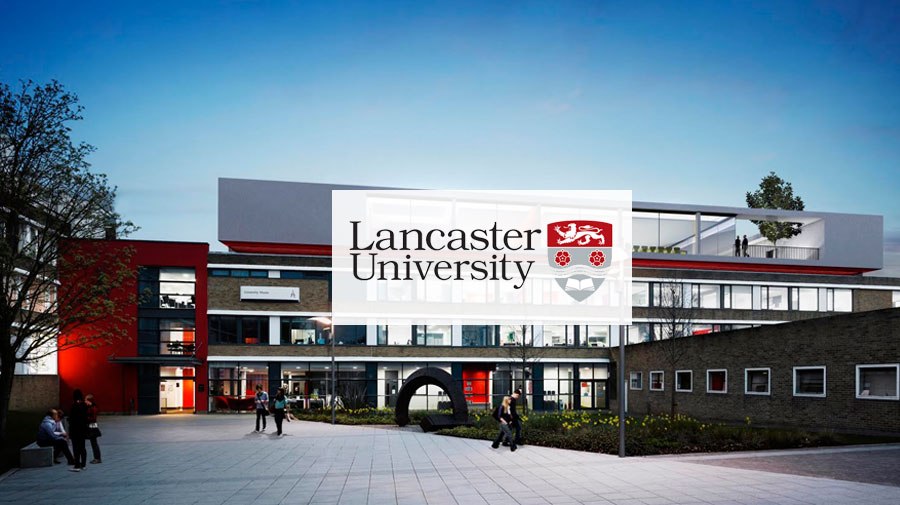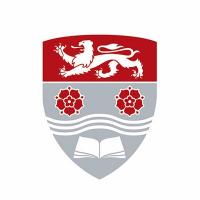Linguistics (Placement Year) BA Hons
What is the relationship between accents and social status? How can voice recognition technologies be improved? How does a child learn language? What do the world’s languages have in common, and how are they different? Linguistics offers a fresh insight into the human mind, combining arts and sciences into one captivating subject.
Our approach to linguistics brings to life the theory through exploring real-world implications and applications. We are one of the country’s largest Linguistics and English Language departments, meaning that we have a wide range of optional modules available to you throughout your degree programme. Our world-leading academics cover a very wide range of language study specialisms, and our students benefit from their expertise in lectures, seminars, tutorials, and supervisions. They will teach you from day one in small classes designed to challenge you as a linguist.
Whether you want to understand more about accents or the benefits of multilingualism, how people communicate across cultures or how politicians use words to persuade, we have expertise across a very wide spectrum. We have a large Phonetics Lab and Psycholinguistics Lab which students are encouraged to use throughout their degree programme.
In your first year, the Linguistics module gives you an introduction to the basics, touching on many intriguing and inspiring topics. You also take two other subjects to complement your major. A popular choice for one of these is English Language, but you could select subjects from other related disciplines.
In addition to the core courses about the sounds and structures of language, there are many exciting options for your second and final year. They include Child Language Acquisition, Corporate Communication, Language Change, Forensic Linguistics and Stylistics. In your final year, you’ll also write your dissertation, exploring a topic that particularly interests you. You will be supported by a supervisor, one of our staff who has expertise in the area you choose to research.
A Linguistics degree is well-suited for careers in education, publishing, the media and information technology. It is highly valued in fields involving international communication, such as science, trade and international relations. We offer a Linguistics degree which teaches you the skills of data analysis, academic writing, and argumentation, and we are confident that our teaching, combined with your willingness to learn, will put you in a strong position to move forward in your career.
Intakes
- Sep
Application Processing Time in Days: 20
Minimum English Language Requirements
| English Level Description | IELTS (1.0 -9.0) | TOEFL IBT (0-120) | TOEFL CBT (0-300) | PTE (10-90) | |
|---|---|---|---|---|---|
| Expert | 9 | 120 | 297-300 | 86-90 | |
| Very Good | 8.5 | 115-119 | 280-293 | 83-86 | |
| Very Good | 8 | 110-114 | 270-280 | 79-83 | |
| Good | 7.5 | 102-109 | 253-267 | 73-79 | |
| Good | 7 | 94-101 | 240-253 | 65-73 | |
| Competent | 6.5 | 79-93 | 213-233 | 58-65 | |
| Competent | 6 | 60-78 | 170-210 | 50-58 | |
| Modest | 5.5 | 46-59 | 133-210 | 43-50 | |
| Modest | 5 | 35-45 | 107-133 | 36-43 | |
| Limited | 4 | 32-34 | 97-103 | 30-36 | |
| Extremely Limited | < 4 | < 31 | < 93 | < 30 |
Job Opportunity Potential
Access help and advice, search for opportunities, see what events are taking place, apply for the Lancaster Award, explore further study options and other pathways to your future career.
Careers and Employability is open. All of our services are now available remotely.
You can book telephone or video appointments with our Careers Team, attend online workshops, send us a query and access all of our resources online. Information on how to access all of our services is available via this link.
International students bring a wealth of experience to the University and can offer a valuable insight into global careers. Support for international students is available from Lancaster University Careers Service.
PSW Opportunity
PSW is 2 years
Admission Requirement / Eligibility Criteria
Indian Certificate of Secondary Education (Standard XII)
Pass with 75% to 87% average from the best 4 subjects, excluding Hindi and PE.
- Course Code: Q101
- Course Type: Full Time
- Course Level: Bachelors/UG Degree
- Duration: 04 Year
-
Total Tuition Fee:
79720 GBP
Annual Cost of Living: 9207 GBP
Application Fee: N/A
Similar Programs
- Linguistics and Philosophy (Placement Year) BA Hons at Lancaster University
- Linguistics (Study Abroad) BA Hons at Lancaster University
- English Language in the Media (Placement Year) BA Hons at Lancaster University
- English Language in the Media (Study Abroad) BA Hons at Lancaster University
- English Language and Literature (Placement Year) BA Hons at Lancaster University
- English Language and Linguistics (Study Abroad) BA Hons at Lancaster University

